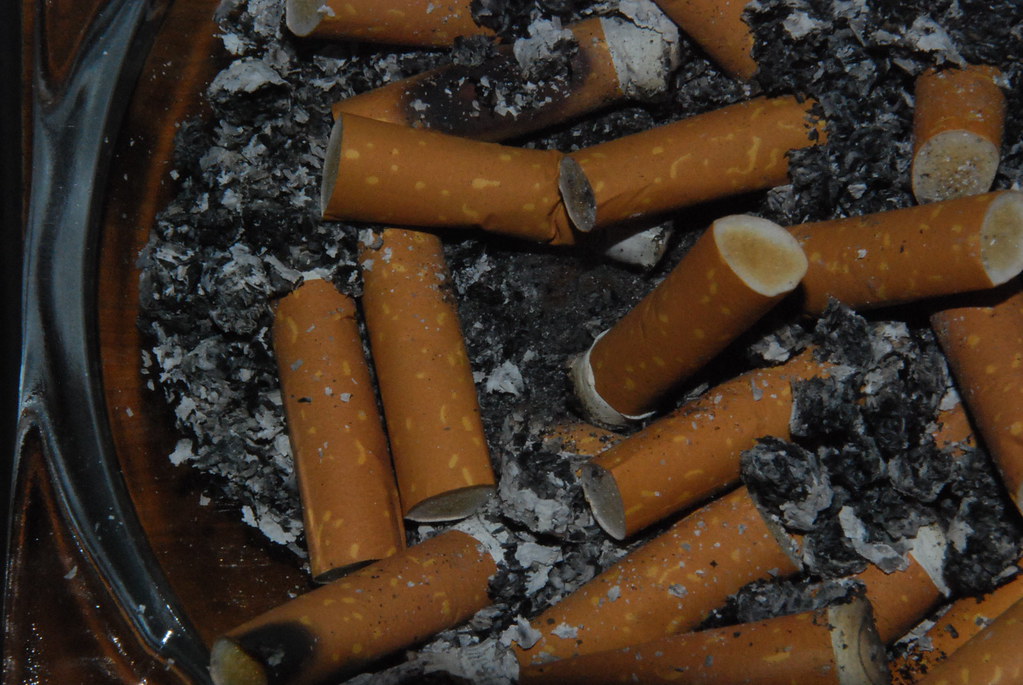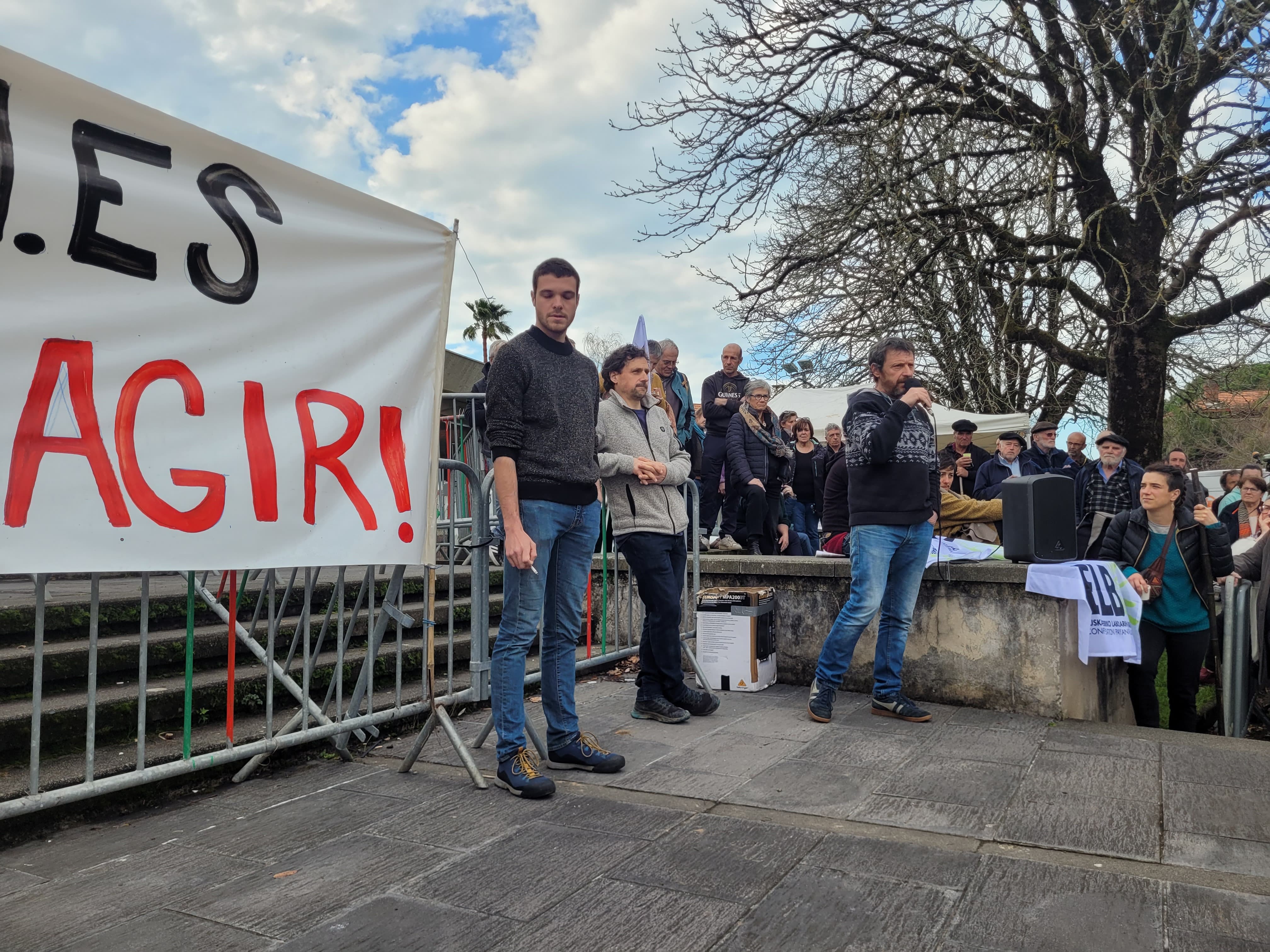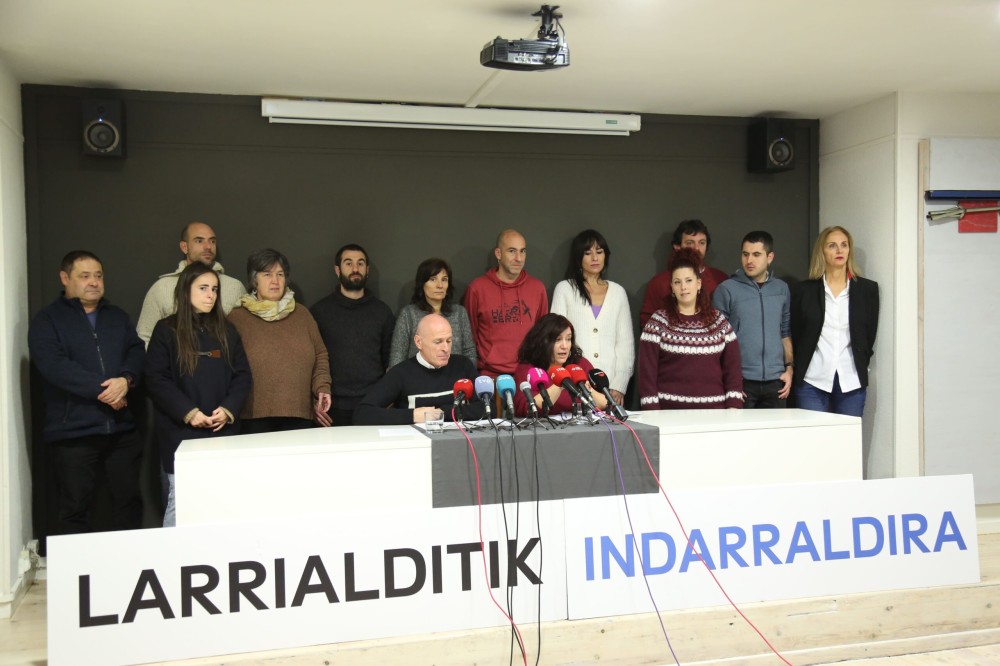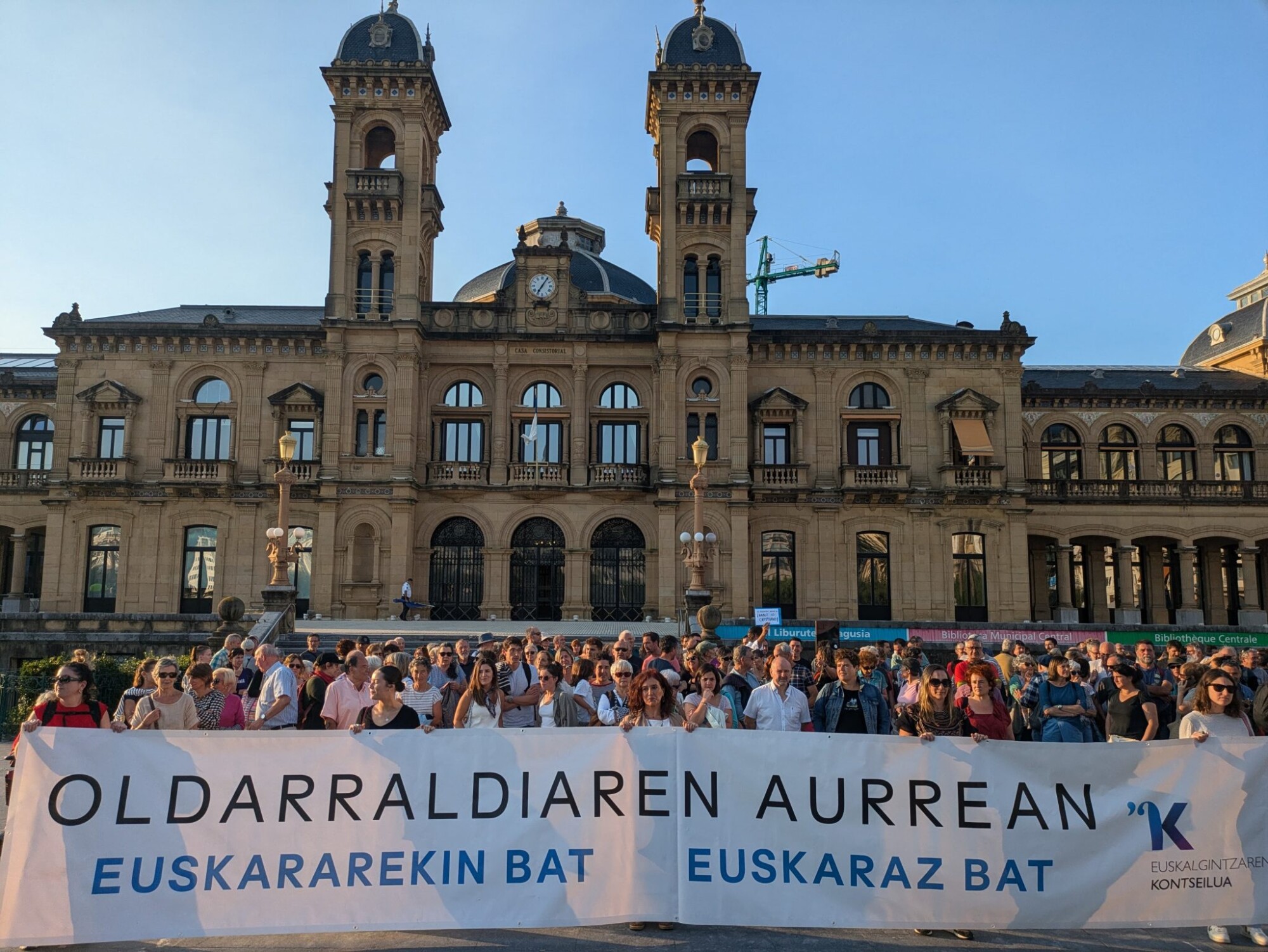In an atmosphere of friendship, a festival created by passion and culture has to be interesting. Film director ondarrutarra Aitzol Aramaio died in 2011 and in his honor, his compatriots and lifelong friends organized last year for the first time the creative festival Marabilli, a festival that aims to reflect "his love of art, his optimism and his vitality." This year the second edition of the festival will be held, from 10 to 13 October in Ondarroa, and in addition to paying tribute to the director of the film Txokolate apur bat, they have managed to bring together creators and works from various cultural areas. There will be dance, art exhibits, street theater, photography... and in it will participate, among others, Oier Lertxundi, Unai Iturriaga, Garazi Etxaburu, Ismael Iglesias, Bide Ertzean, Bingen Mendizabal, Rafa Rueda or Kiko veneno.
The festival that has Aramaio in mind, as it could not be otherwise, is going to make a special hole in the seventh art. Film directors, actors and critics will approach the program to talk about creativity and film, with the presence of Jon Garaño, Jose Mari Goenaga, Nagore Aranburu, Fernando León de Aranoa, Asier Altuna and Koldo Almandoz, among others. On the other hand, we will be able to watch the documentary Agur esan (Goodbye to the children of war), Pura vida (Iñaki Otxoa de Olza) on the mountaineer, and Amalur (presented by Fernando Larruquert himself), one of the pioneers of Basque cinema. And next to them, the premiere of #ResistOndarru, Zubi herria harria, and the movie Amaren Eskuak, which is still in the movie theaters.
The author of the book of the same title, Karmele Jaio, the actress Loli Astoreka who participates in the film and the director of the film, Mireia Gabilondo, will be in charge of presenting the hands of loves. After leading an emotional and energetic story about the windows inside, Berber Gabilondo has adapted the book of Jaio with the work. Nerea's fragile balance of life crumbles when her mother is taken to the hospital due to her mental loss: the relationship of partner, daughter, work and the need to care for her mother is too much for one person. This is how the Mother starts. Once the full glass is overwhelmed, there are only two options: despair or move forward more forcefully. Despite being an accident and with melodramatic tints, the film brings up interesting themes: care (in this case, that of the hospitalized mother), generally available to women; the struggle for family and work conciliation; difficulties to find themselves in everyday whirlwind; or roles, relationships and responsibilities within the family.
It should be noted that this is the only fictional feature in Basque that has been made this year. Just two years ago, in the same Argia we talked about the prosperity of Basque cinema, Arriya, urte berri on, AMONA! It is Bertsolari, Bi ANAI, Azken bidaia and Gartxot. Despite the crisis, this year’s drought is significant and gives much to think.
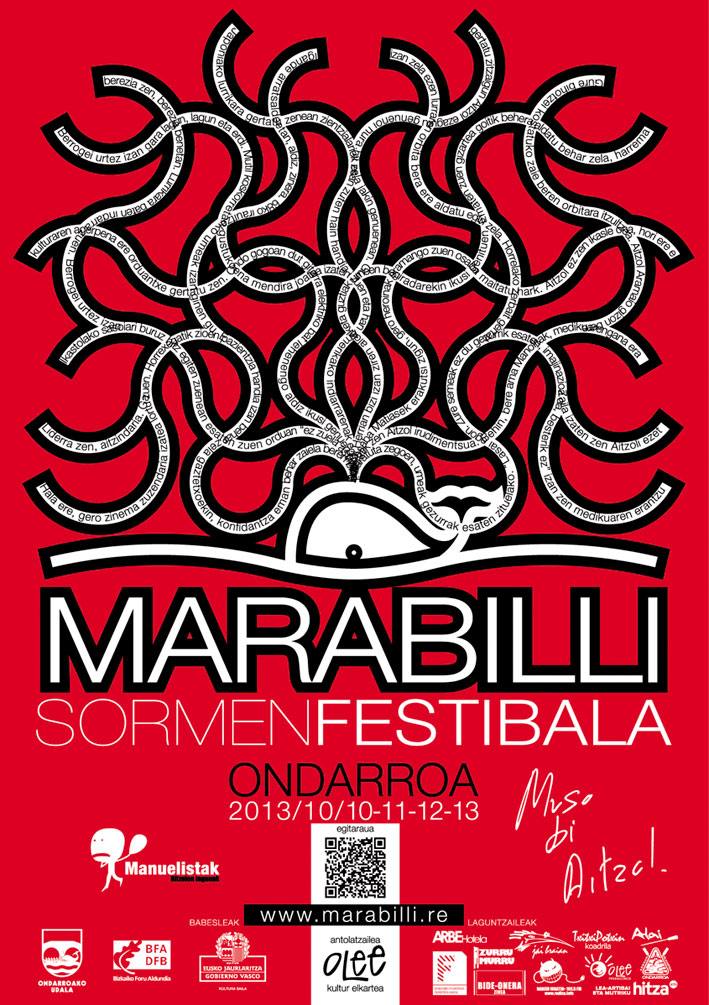









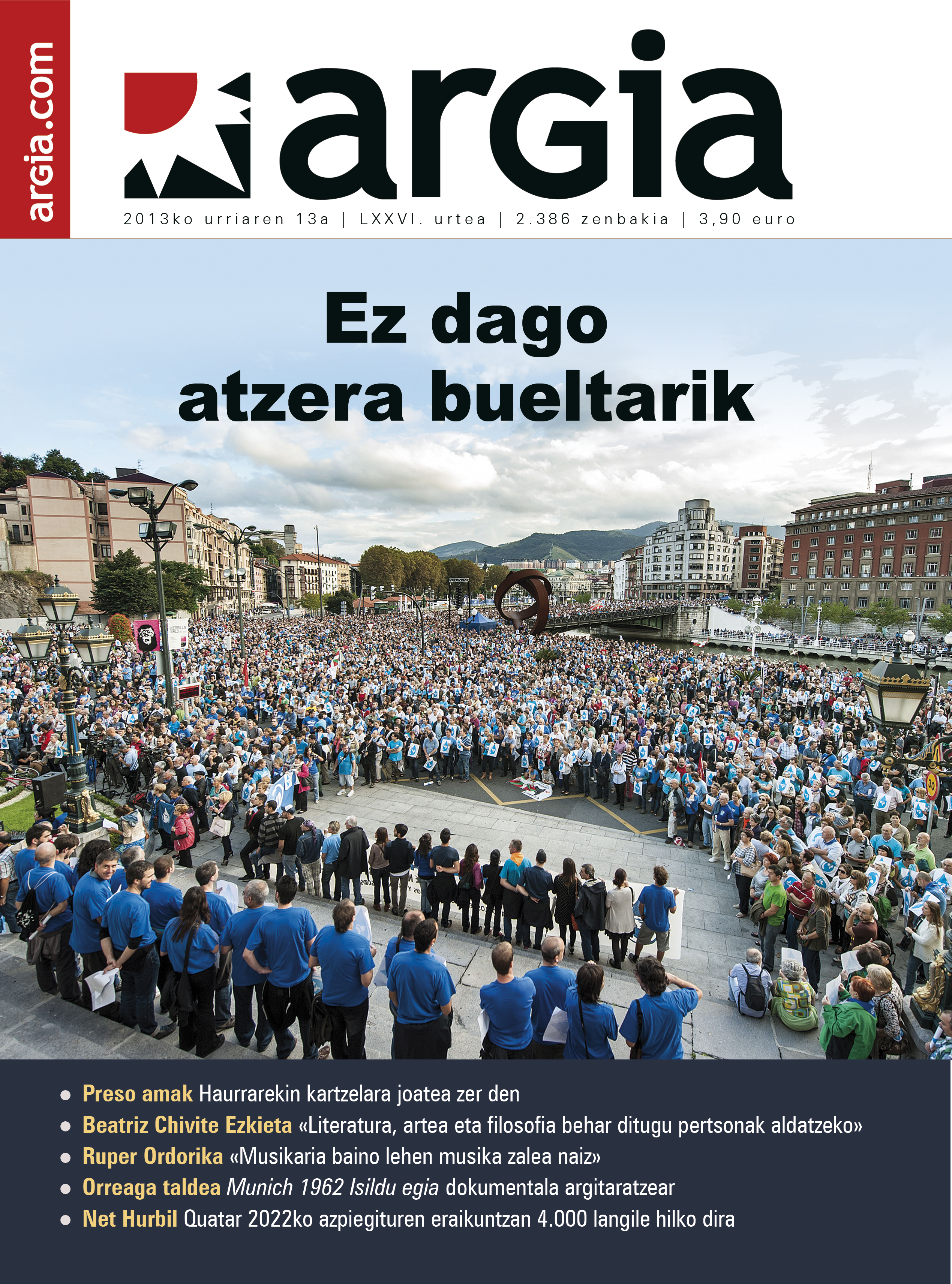



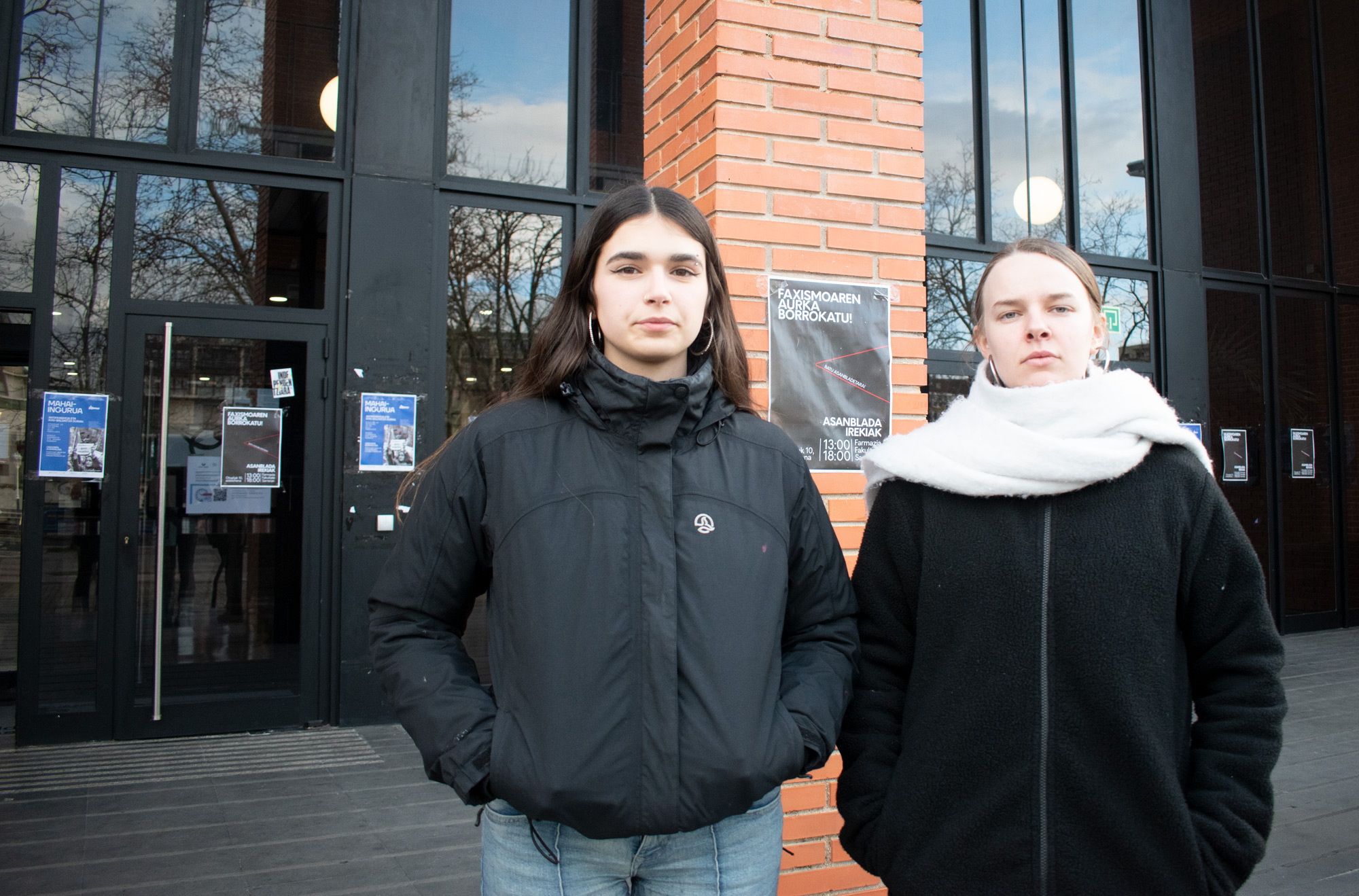
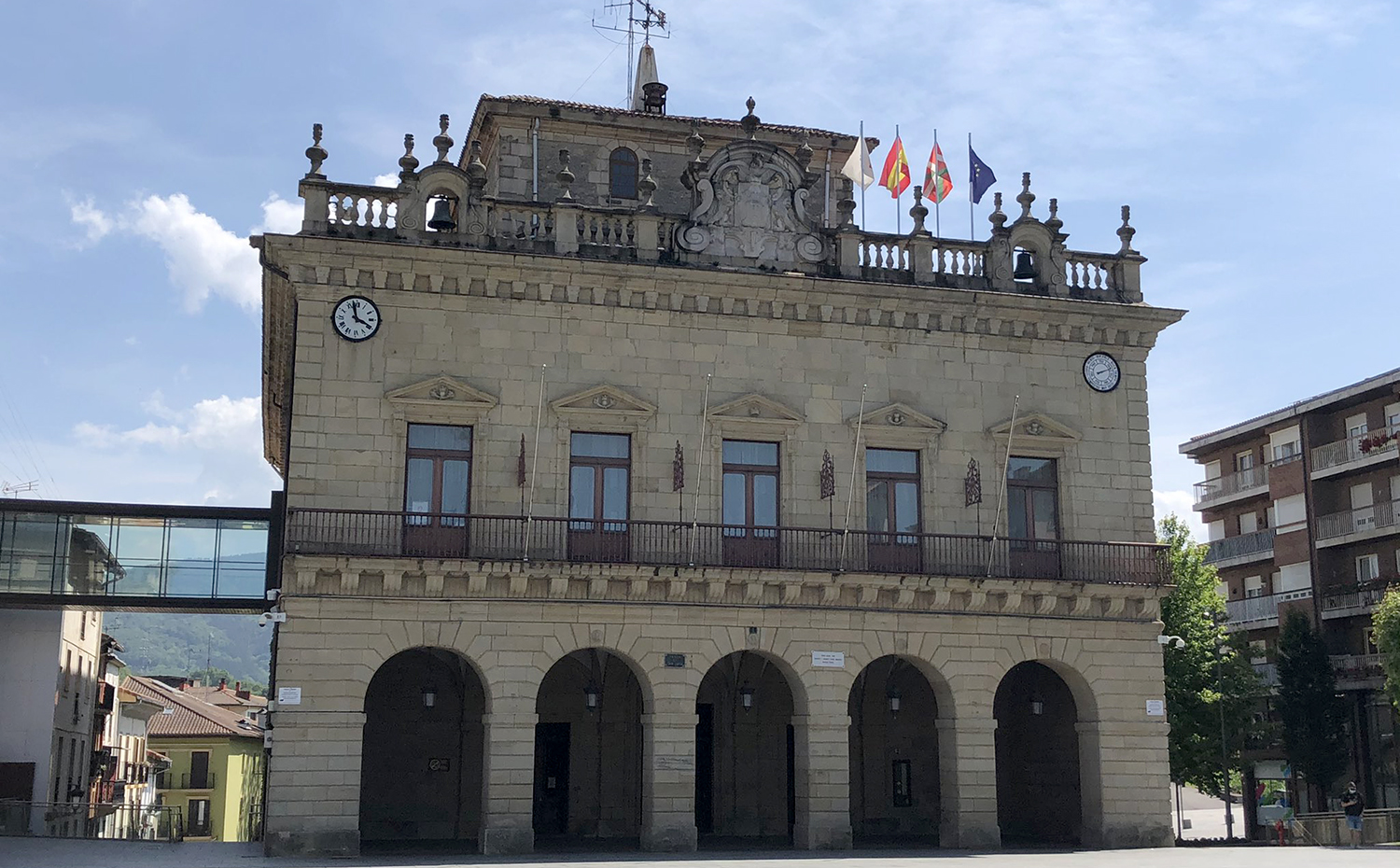

_2.jpg)
